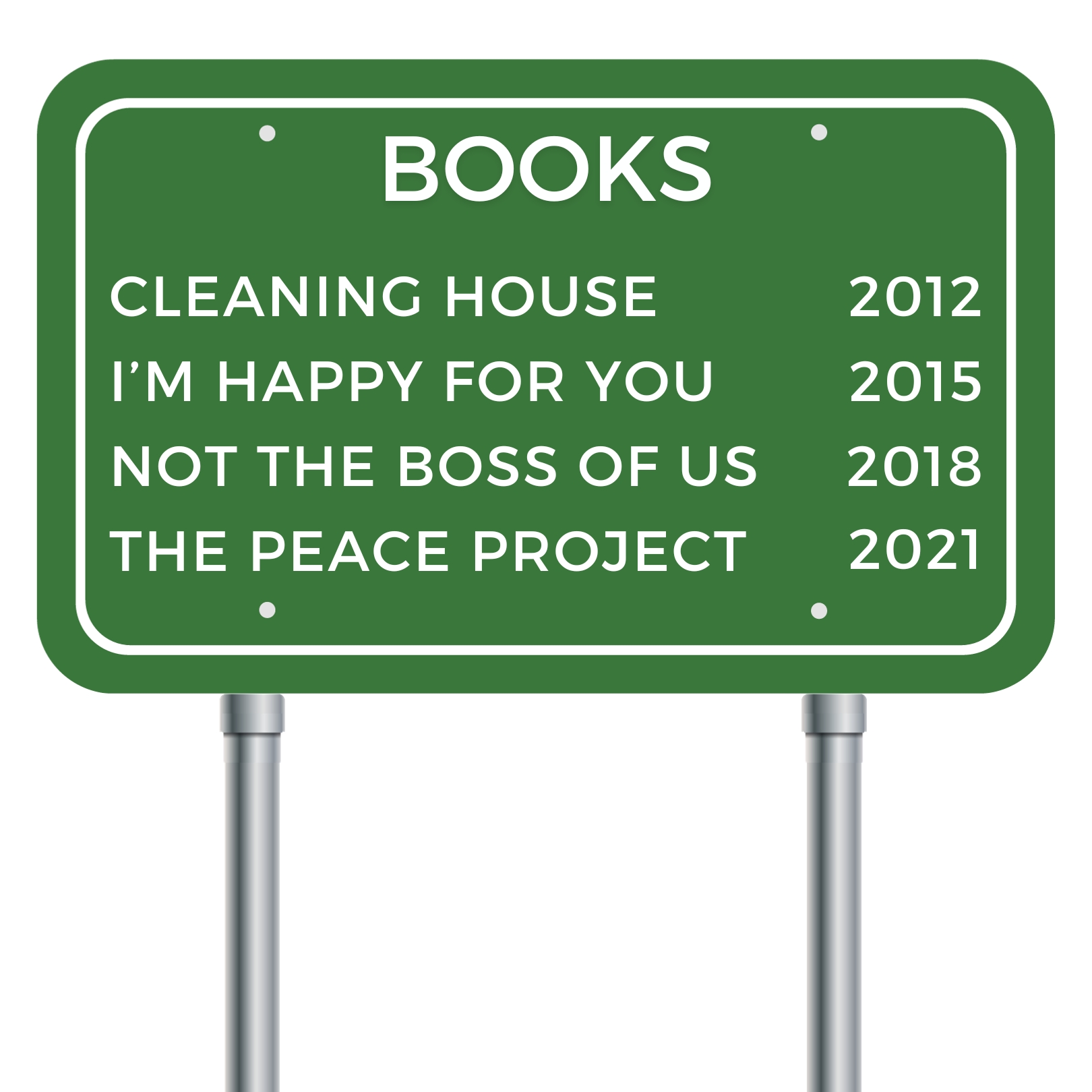A couple weeks ago, Jon & I, along with 200 of our closest friends, enjoyed an evening with David Brooks. When I met him before he spoke and told him about our MOAT effort to transfer responsibilities to our kids’ plates in an effort to move away from entitlement and toward confidence infused self-sufficiency, he quickly responded, “That’s what I’m speaking about tonight.” Needless to say, I was pretty excited. He threw out some convicting statistics and stories. But the thing that really hit home was his conclusion that enabling inevitably results in narcissism – a far cry from the humble/service stance upon which our country was founded. I loved that his research landed him in the same spot our Experiment landed us. We weren’t looking at the country, but our house sure became much more other-centered when the kids started to think less about how much they were owed and more about pitching in.
Of course, when I got home I had to google his articles to see more. Here’s an excerpt from a June ’11 NY Times OpEd piece on humility. (click here to read the rest: IMHO – In My Humble Opinion). My tired, cell-depleted (thanks to several donations five times Baylor Hospital Maternity ward) brain had to think once or twice when reading, but thought it interesting.
Thanks for putting this important topic on the table, Mr. Brooks
… and thanks for walking the road with me.
-Kay

“Mark Leary of Duke University wrapped up the panel. Leary wrote an excellent book called “The Curse of the Self” back when he was at Wake Forest. At this event, he pointed out that there are times when each of us is egotistical and there are times when each of us is decentered and humble. Each of us shifts in and out of what he called an egoic versus a hypo-egoic mindset. So, Leary asked, what determines whether people respond to something egotistically or non-egotistically?
It must have to do with the quality of a person’s self-awareness. People can think about themselves at various levels of abstraction, Leary emphasized. When you are living in the present, you have minimal thoughts about how you are being perceived. You are focused on the concrete circumstances of what you are doing, not on your reputation or worth. A person in this hypo-egoic state has a less individualized sense of self and will not overreact to ego threats. That person will react to events with equanimity. He will not overgeneralize—just because I am good at this one particular thing does not mean I am wonderful in all things.
Leary pointed out that children start out egotistically and only become hypo-egoic as they develop more cognitive abilities and as they see themselves as part of a larger picture. Maybe humility is the product of civilization.
This panel was just one of many at the APS convention, but somehow the subject is central. We have done so much to try to boost self-esteem over the past few decades, but in many cases we seem to have ended up with people with unstable self-esteem, who can zoom up to high pride and down to low despair. It also seems to be true that the definition of the human self is changing. We are not so hyper-aware of all the variables that influence behavior; it is hard to identify the role that the individual agent plays. Somehow the self has to be reconceptualized in an age when everybody is so aware of the importance of genetic influences, network theories, unconscious processes and social contagions. Whatever else this work does, it should increase our sense of humility.”













